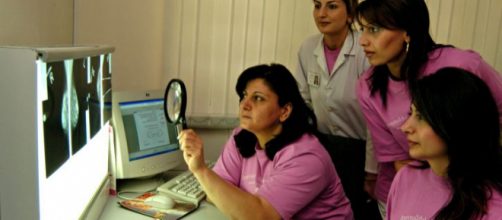The scandal about the Breast cancer screening errors erupted at the beginning of 2018. The computer algorithm failure had caused up to 450,000 women between the ages of 68-71 to not get an invitation to a final routine breast cancer screening and it is speculated that this error may have caused up to 270 women to die.
BBC reported that Health Secretary Jeremy Hunt said that this error dated back to 2009 and apologised to the women and their families. However Prof Peter Sasieni, King's College London' cancer prevention professor, found a different conclusion after his analysis regarding the topic between the years 2004-2017 which was published in The Lancet.
Sasieni found that the percentage of women aged 65-70 who got an invitation to get a screening was considerably less than the group aged 55-64.
'Error goes back to 2005'
Prof Peter Sasieni found that this error was dating back to 2005 instead of 2009, adding 140,000 women to the group of 68-71-year-old women who did not get an invitation, increasing the total number to up to 502,000. He stated that the data regarding this matter was open to the public, but that "no one looked at it carefully enough." He assured women to not to worry. as well as saying that it was the right choice to research the reasons for this error. He also talked about the importance of reviewing these cancer screening programs, updating them and replacing them if it's necessary.
'Flawed' research
The director of health improvement at Public Health England, Prof John Newton, stated that Sasieni's analysis is flawed since it doesn't consider some of the important information on the matter. He gave examples of the information that weren't included in his research, such as a clinical trial called Age X based at Oxford University. The trial had recruited women between 71 and 73, but not included women in their 60s. Newton also stated that they would support all the women that didn't receive an invitation for the screening and their families with compensations.
The risks of breast cancer increase with age and screenings are important to detect cancer at early stages, offering the best chances of survival for the patients.
Because of this screening failure, it's a high possibility that many women missed the signs of the early stages of cancer. Sara Hiom from Cancer Research UK stated that cancer lumps could be detected in other ways, such as feeling lumps in the breast, in which case the person should get checked immediately.



